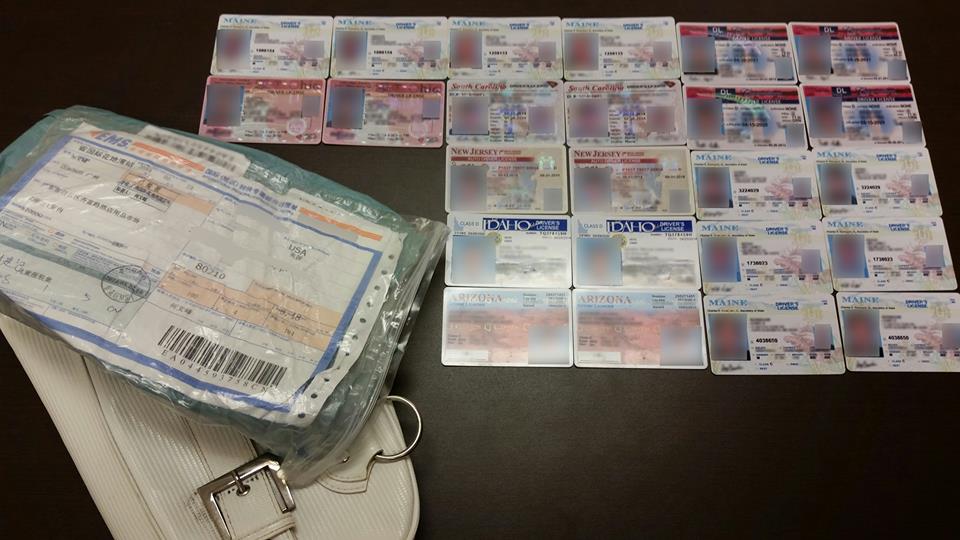Fake IDs allow underage students to enter an unique alcohol-centered social community. As a result, it is nearly inevitable that a portion of students on college campuses will own or use fake IDs.
Many of these students, however, do not understand the incredible consequences that these IDs can have on the community within and near the campus. Fake IDs, especially at DU, have become a major concern that needs to be addressed in tandem with the issue of alcohol abuse.
There are direct consequences for possessing a fake ID, which students oftentimes don’t understand to the full extent. Criminal possession (of a fraudulent identity card) and criminal impersonation (use of an ID which is not your own) are both felonies.
Sergeant James Johnston, Community Partnerships and Training Coordinator of the DU Department of Campus Safety, explained in an interview the consequences these felonies could have at DU.
“Most employers won’t hire anyone that has any kind of felony on their record,” said Johnston. Also, felony charges can run up to $10,000. In addition to criminal justice consequences, students who are caught using fake IDs on or near campus are turned over to Student Conduct. These punishments oftentimes involve at least a quarter of academic probation. There have also been many instances of stolen identities due to the creation of fake IDs, as many distributors do not sufficiently secure personal information.
The most concerning consequence that students do not understand is the effect use can have on local businesses. Any business that accepts fake IDs, whether or not they knew at the time that the ID was fraudulent or an impersonation, can suffer fines of up to $10,000 per ID accepted, according to Johnston. This creates great harm to local businesses that cannot easily identify fake IDs.
While it isn’t plausible to completely remove the use of fake IDs on a college campus, there is serious concern with the issue at DU, as cases have increased drastically. The cases of criminal possession as processed by Campus Safety have grown from 24 in 2010, to 26 in 2011, 31 in 2012, 40 in 2013 and 42 in 2014. Cases of criminal impersonation have changed from 0 in 2011, 1 in 2012, 4 in 2013 and 10 in 2014. The use of both fraudulent and inaccurate IDs has risen at DU. Because of this, the increasing consequences to students and local businesses is rising.
“There seems to be this culture on campus…a lot of students tell us, ‘When I showed up here on Orientation Week, I was told if I wanted to have a social life, I needed to get a fake ID,’” said Johnston. It is apparent that the use of fake IDs is a problem with the entire DU community. As a result, it is a problem that the entire community must cope with.
Increasing fake ID enforcement would likely only move underage drinking to off-campus houses. This would decrease the effects on local businesses and the possibility of identity theft, but there is still a distinct underage drinking problem.
In fact, the movement of drinking to houses may create a less-controlled environment that students would use to drink. As a result, fake ID enforcement should not be a focus of policy or Campus Safety enforcement.
DU must address this issue alongside the issue of alcohol abuse. Campus Safety will sponsor a few events in the spring to address alcohol use in the DU community, which will also focus on the detriments of fake ID use. These are small steps that the DU administration can take toward coping with a community problem.
Ultimately, this is a community problem that cannot be solved entirely by administration. Students must understand the consequences fake ID use can have on the entire community. We should seek to be leaders amongst our local community, not detriments. More importantly, students should understand that alcohol isn’t the only mode of social interaction available on campus.
We are working towards this understanding, but we need to be more active in the issue. Whether this is through active engagement in existing organizations or discussion among peers about the role alcohol plays in our interactions, we each need to account for our community.










